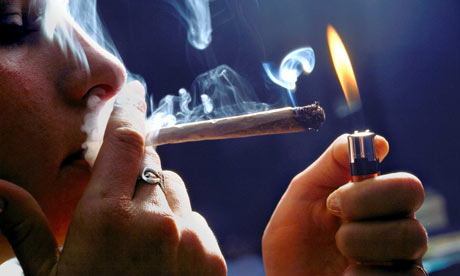Women voters tend to vote unfavorably on cannabis initiatives. This may change.

Earlier this year, Brookings Institute published a study concerning voting numbers for various cannabis issues. The results reaffirmed much of what was already known (older Republicans tend to oppose cannabis legalization) and offered one special insight: women voters are less likely than men to support legalization by a whopping fifteen points.
Since feminism’s second wave in the 1980s, women voters have consistently turned out in higher numbers than men. For ages 18-44, more women show up to vote than men at an accelerating rate. And women voters tend to vote progressive; that is, of course, with the exception of cannabis legalization. Despite helping spearhead the medical cannabis movement in the 1990s, the ladies have shown little interest or participation in the efforts to legalize cannabis for recreational use.
Why?
Myriad factors may contribute to women’s apathy toward legalization. Consider this: women are held up as the models and enforcers of moral behavior and even if they do toke on a regular basis, may fear being hypersexualized or categorized as deviant. This may be especially true of mothers (who wish to avoid the bad mother stigma). Secondly, while the slacker-stoner might land a lead role in every single unimaginative Judd Apatow film, he (always he) doesn’t market very well to women who don’t get to be lazy, adorable stoners; nor do they want to date (or raise) Judd Apatow characters. This perhaps skewed perception speaks to a specific stereotype established long before Pineapple Express and brings us to the crux of the issue: cannabis culture, essentially an old boys club, has evolved very little from its inception in the ’70s as a countercultural force both playfully profligate and unapologetically sexist.
Bud babes. Kush girls. Stiletto stoners.
The potential monikers for female pot users are endless, as proven and exploited by many cannabis publications. High Times, which was once deemed “a one-shot lampoon of Playboy, substituting dope for sex,” continues to feature spreads and advertisements of mostly naked women posing seductively with phallic bongs or sticky bud. Their target audience probably isn’t a 26-year-old female grad student and very unlikely her 33-year-old sister/mother of two and most certainly not their 60-year-old mother. Nor are these women the target audiences of festivals like Hempfest whose booths feature buxom, skimpily-clad (in the more conservative booths) “bud babes” for your visual pleasure while you peruse the latest in glass artistry. Lest you missed the usual debauchery of Hempfest this year and are in need of a fix, head to your local dispensary. The budtender is likely a Jodie Emery ringer who makes up for her lack of experience with a big, uh, passion for the product.
Yet these women — 26, 33, and 60, respectively — are integral to the cause if cannabis is to legalize past Washington and Colorado. In 2012, the Washington state campaign for Initiative 502 ran an add targeted specifically to the demographic so often left out of cannabis culture: soccer moms. The famous coffee cup ad features a wholesome soccer mom who appeals to women voters, citing freed-up law enforcement, tighter minor regulation and educational funding as motives for legalization of marijuana.
This soccer mom appeal was the brainchild of Alison Holcomb, ACLU lawyer and mother who recognized early on that “to move this issue, you have to engage people who aren’t marijuana smokers — who care about this issue for some other reason.” Although I-502 was not met without resistance from the cannabis community, the initiative passed, reflecting greatly on the campaign’s ability to appeal to more than pro-pot advocates (aka female voters). The same, unfortunately, cannot be said for Oregon, where women voters turned out in droves to vote for Obama but spurned pro-cannabis initiatives.
As momentum grows for cannabis legalization, Holcomb’s approach may offer a means of communication between cannabis’ old boys’ club and minivan-driving soccer moms. With a little communication, perhaps, women in the cannabis community might better find their voices and, if we’re lucky, come out to vote positively for everyone’s favorite green.










